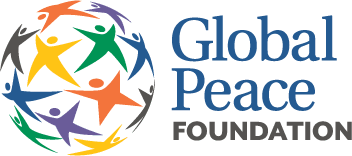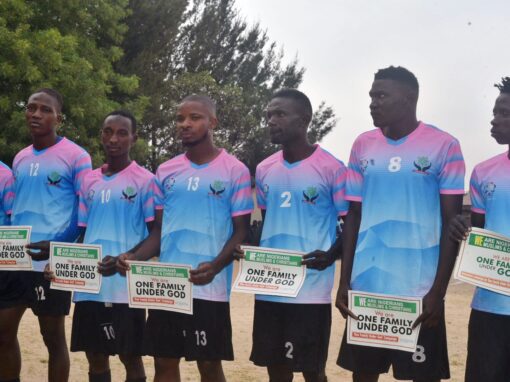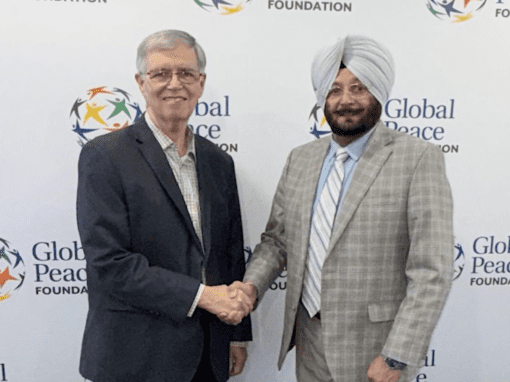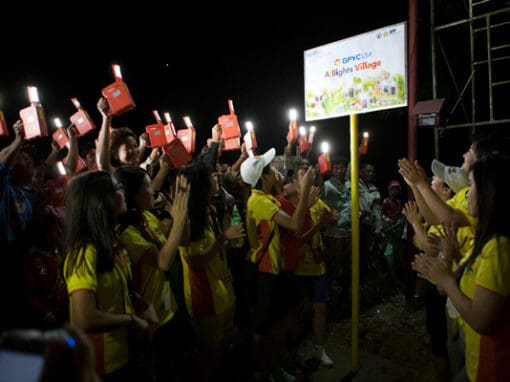Earlier this year in May 2018, the local elections were coming up in Nigeria’s Southern Kaduna. There were nervous expectations that the elections would bring with it political violence. In fact, in the last decade, every local election had been preceded by or followed by some form of violence. Yet, remarkably, the local elections this year passed without violence.
And while people might debate the exact reasons for this, the increase in community engagement and specifically, the forums between community leaders and security agencies may have played a critical role in this unusual situation.
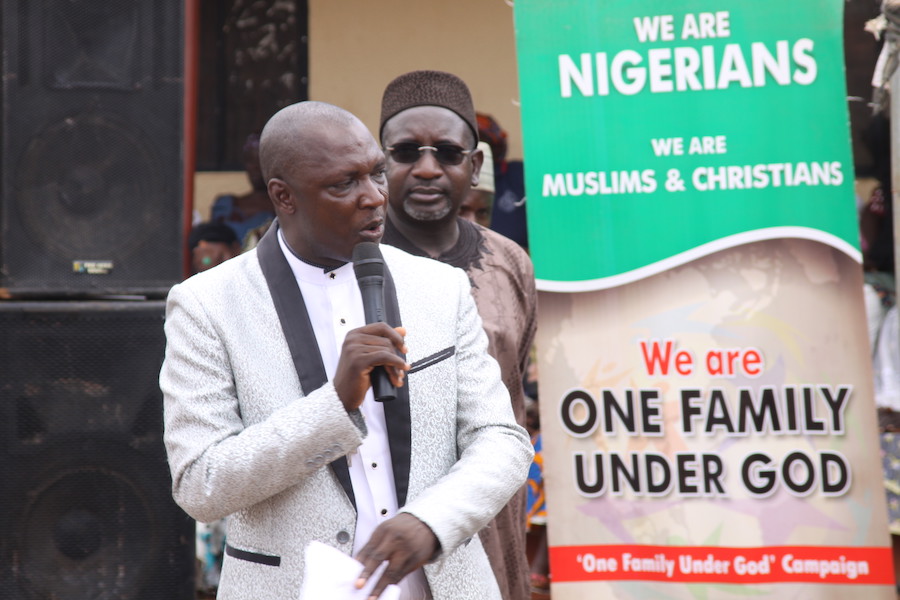
The twins of Kaduna: Rev. Joseph Hayab, behind him Sheik Abdulahi Maraya
The Southern Kaduna-wide work with the Southern Kaduna Peace and Reconciliation Committee (SKPRC) involves key stakeholders across the region, including representatives from each of the 56 tribal groups and other major stakeholders. These 200 community stakeholders are trusted representatives of the different communities in Southern Kaduna and have been shown to deal effectively with issues in their communities. This, alongside the grassroots work with specific local communities have been extremely effective in resolving issues, preventing the escalation of the ordinary problems in Southern Kaduna state.
Of critical importance is the fact that the onus for action, leadership and ownership is put directly on these community leaders. The role of GPF Nigeria has been primarily to inspire, guide and facilitate agreements between these leaders who then, in turn, run education, programs and activities in their local areas.
Specifically related to the local elections, with a series of two dialogues before the elections, community leaders shared with security agencies information on hotspots, what to look out for and warning signals. In turn, the Security Agencies were able to explain to whom they should send reports and complaints as well as to explain the process by which they will respond when they receive complaints.
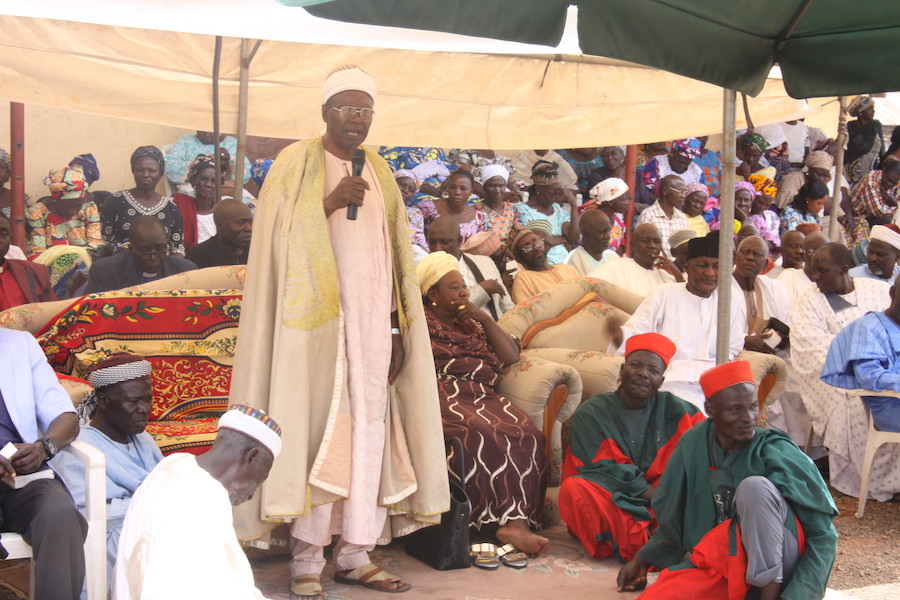
Paramount Ruler of Jaba Chiefdom, His Royal Highness, Dr. Danladi Gyet Maude at an International Day of Peace event organized by the committee
Although these were simple interactions, it was a critical confidence-building measure that built trust between local people with the security agencies. This, coupled with an increase of engagement with leaders at the top responsible for policies and programs, will inevitably lead to greater peace and trust between the people and the government.
While there is much work that remains, the small steps and lessons along the way bring us closer to a more peaceful and resilient Kaduna State.
These local models allow Global Peace Foundation to test the validity and efficacy of our approach in applying universal principles and shared values to different contexts. We are emphatically not looking to make carbon copy communities but in fact seek its opposite: to encourage and inspire the development of uniquely local models of peace and community-building. Yet, these lessons are intended to go far beyond that of one location. Lessons in one model in one location also allow us to derive practical, concrete lessons for a global community.
Through this we hope to inspire other communities to become similar – yet unique – models of One Family Under God.
